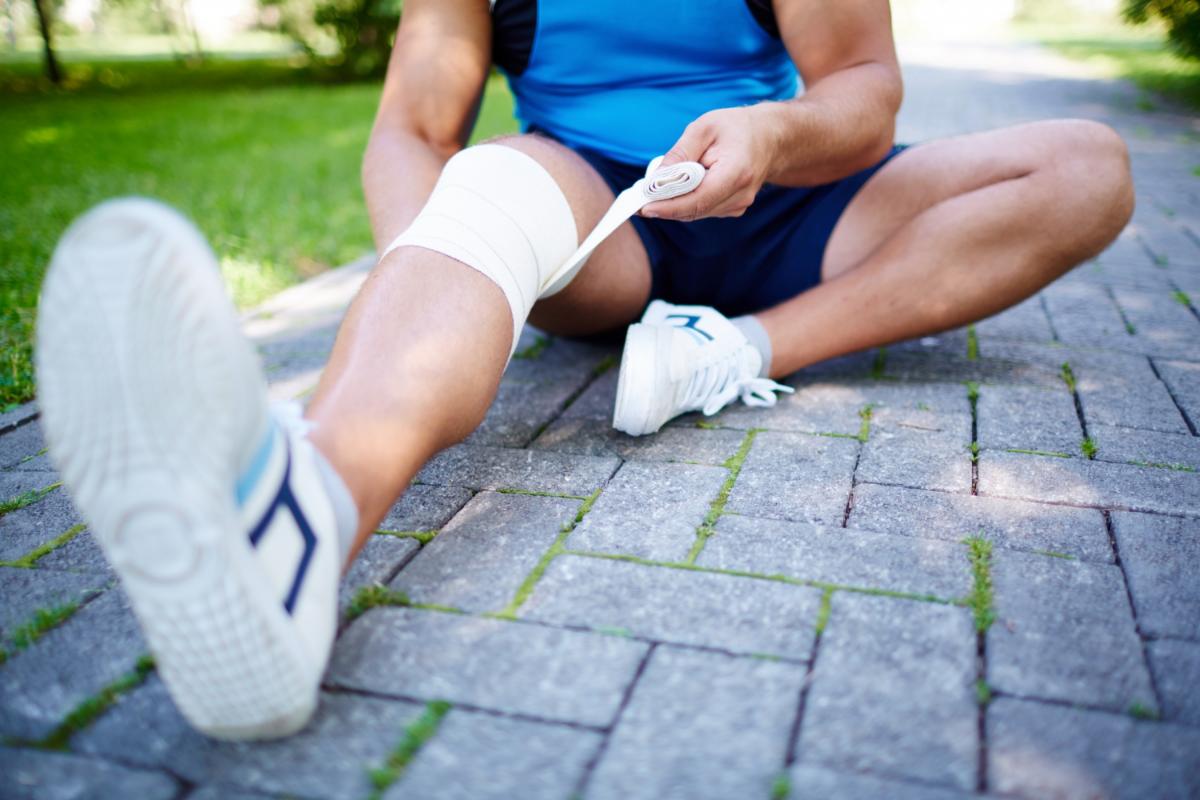
An ACL injury is typically a sprain or tear of your anterior cruciate ligament (ACL). This ligament is one of the biggest and most essential on your knee. A tear usually happens while playing sports that demand jumping, landing, or a rapid change in direction, like skiing, basketball, football, or soccer. ACL tears also happen when an athlete comes in immediate contact with another or the knee can no longer support their weight. So, how do you know if you have torn your ACL? Our orthopedic surgeon in Deland offers these symptoms you need to watch for:
1. A Popping Sound
Those who encounter an ACL tear typically hear an audible "pop" when the damage happens. This sound may be really loud, and even individuals on the sidelines of a soccer or football match may hear it. The sound is typically followed by an immediate shift in your knee joint.
2. A Shaky Knee
Any time an ACL tear happens, your knee joint becomes unsteady. This is because your ACL plays a critical role in stabilizing the joint. If the tear happens because of a cutting or rotating motion, your knee might give out when your ACL is torn.
3. Swelling on Your Knee Joint
Your knee joint will be swollen following an ACL tear. The swelling may quickly grow enormous because your knee joint is one of the biggest in your body. When the tear transpires, the blood vessels that provide blood to the ligament are broken. Then, they fill the whole joint space with blood. When this ensues, the joint will grow warm and turn red.
4. Pain in Your Knee
Nearly all ACL tears are distressing, but the power of the pain often varies. You may encounter very intense pain if the deterioration around your knee joint is severe. Most pain emerges from the sudden break of blood vessels and swelling in your joint space.
5. Loss of Range of Motion
It will be challenging to move the lower chamber of your leg due to swelling that happens after the tear. This will result in limited motion at your joint. In many circumstances, walking will be problematic, and you might need assistive instruments like a walker, crutches, or walking stick to walk straight.
When to See Your Doctor
You should seek immediate medical attention if you have a knee joint injury or your child declares, "I believe I tore my ACL." Remember, a knee joint is quite complicated, and all the elements work together to enable you to walk and keep your balance. Generally, you should visit a doctor if you notice you have:
- Problems walking or standing on your injured knee
- Swelling or discomfort that stays for more than 48 hours
- Problems sustaining your weight on an injured knee
- An abnormal appearance on any part of your affected knee
Get Treatment for Your Injured Knee
Contact us immediately if you experience a sports injury involving your knee or have any ACL tear symptoms. You can talk to our highly trained orthopedic surgeon in Deland or come by in person for a comprehensive examination, diagnosis, and treatment.